Wild bee health
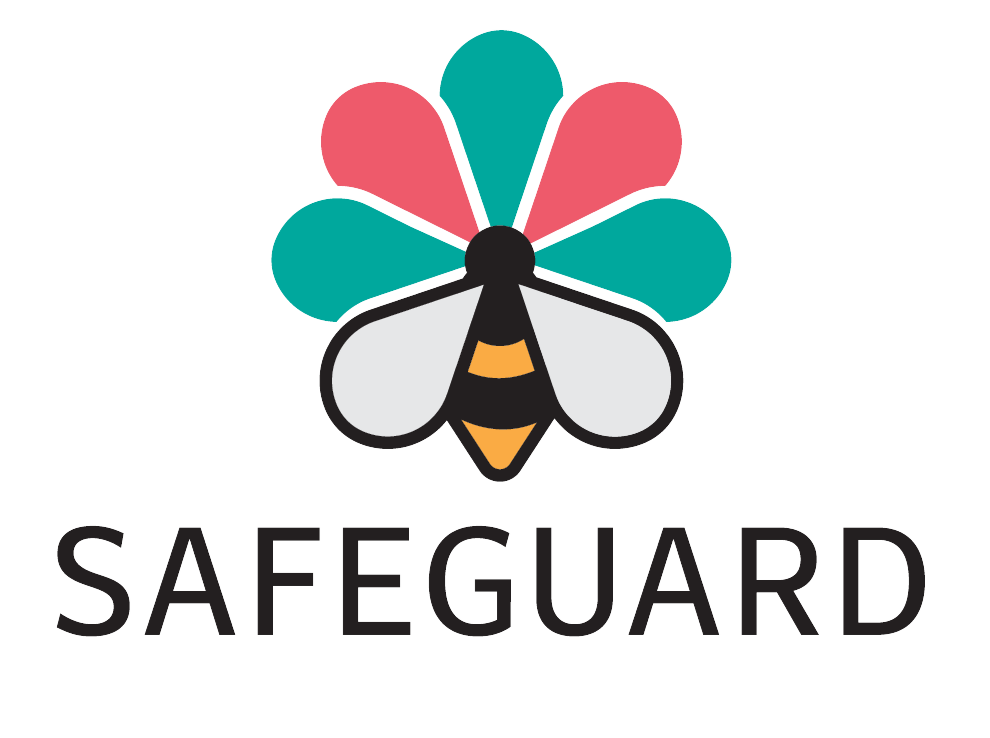
Safeguard Project
Safeguard brings together world-leading researchers, NGOs, industry and policy experts to substantially contribute to Europe’s capacity to reverse the losses of wild pollinators.
Read more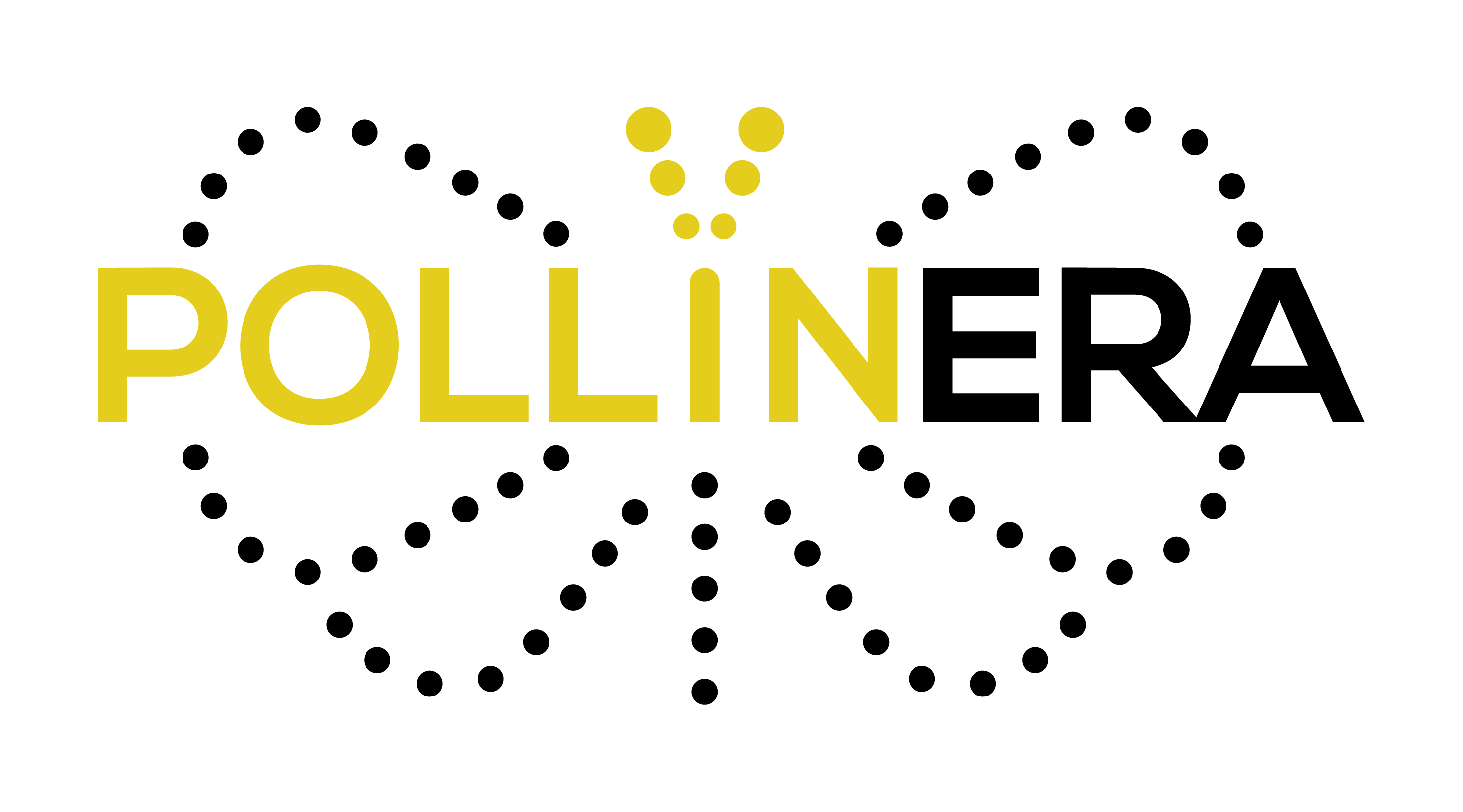
PollinERA Project
PollinERA aims to reverse pollinator population declines and reduce the harmful impact of pesticides by developing a new systems-based environmental risk assessment (ERA) scheme, tools and protocols for a broad range of toxicological testing, feeding to in silico models.
Read more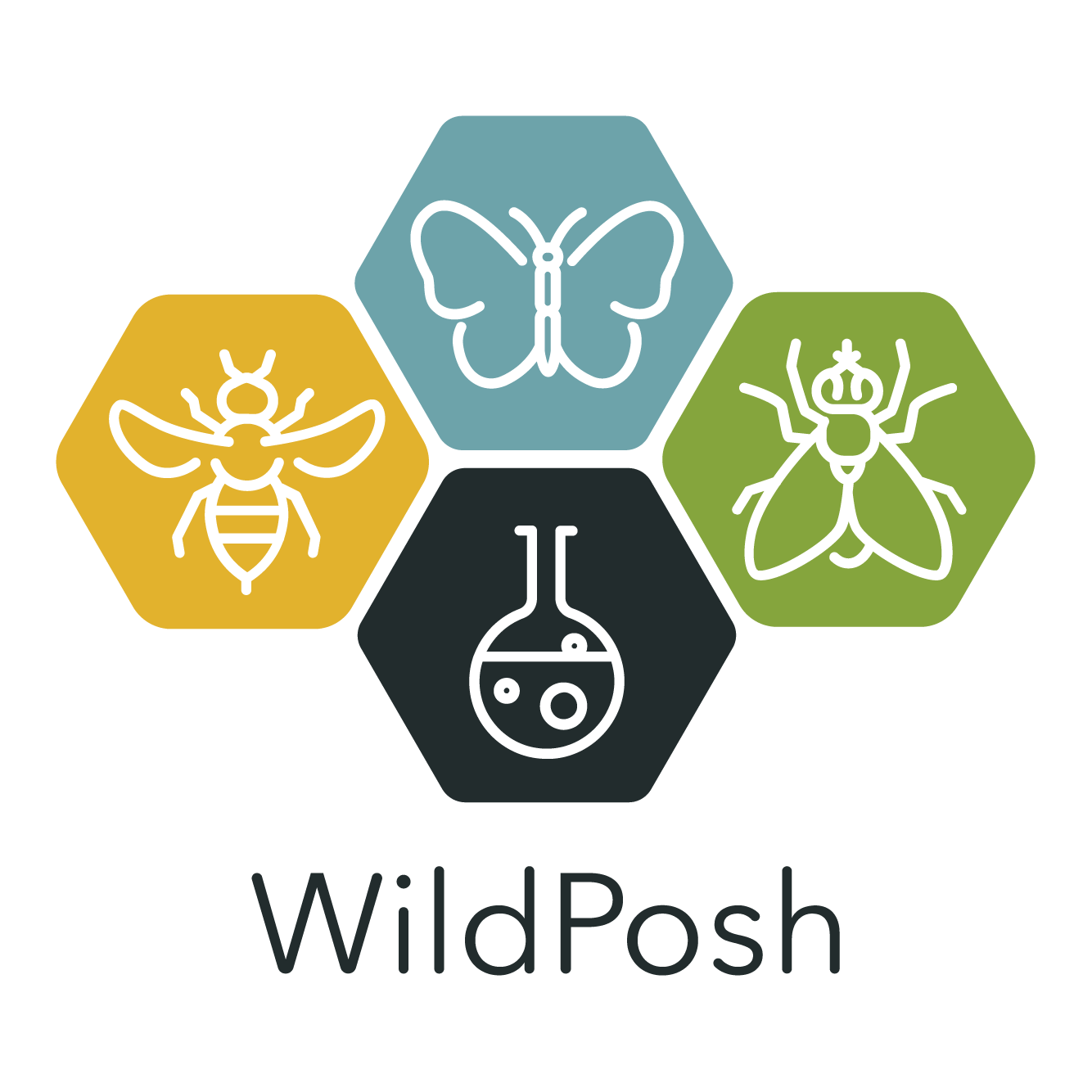
WildPosh Project
WildPosh aims to enhance the risk assessment of pesticide exposure in wild pollinators in Europe by conducting fieldwork in four European regions, developing controlled experiments, and collecting in silico data on pollinator traits and pesticide toxicity.
Read more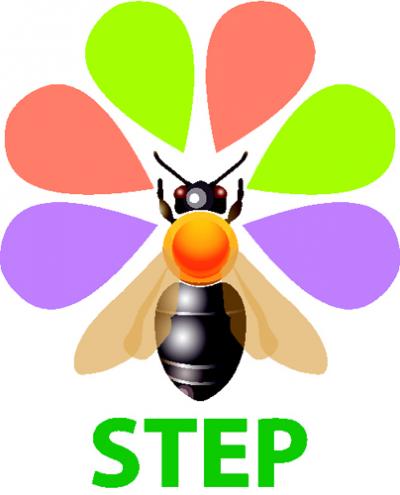
STEP Project
The overall aim of STEP is to assess the current status and trends of pollinators in Europe, quantify the relative importance of various drivers and impacts of change, identify relevant mitigation strategies and policy instruments, and disseminate this to a wide range of stakeholders. This aim is underpinned by 7 specific objectives which reflect the overall work programme of STEP which can be found on the website.
Read more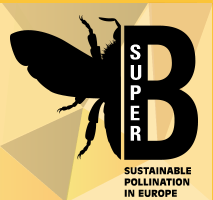
SUPER-B Project
SUPER-B will combine scientific evidence (existing and new knowledge) and social feedback for developing conservation strategies for pollinators.
Read more
PoshBee Project
PoshBee aims to support healthy bee populations, sustainable beekeeping and pollination across Europe. Integrating the knowledge and experience of academics, beekeepers and farmers, PoshBee will provide the first pan-European quantification of the exposure hazard of chemicals to managed and wild bees, determine how chemicals alone, in mixtures, and in combination with pathogens and nutrition, affect bee health, and meet the need for monitoring tools, novel screening protocols, and practice- and policy-relevant research outputs to local, national, European, and global stakeholders.
Read more
NutriB2
NutriB2 aims to gain a better understanding of the complex relationships between wild bees’ nutrition, interaction with pathogens, bees’ health and their diversity. The project will study the nutritional dietary demands of European wild bee species, the supply of nutrients in their food offered by different plant species as well as toxic compounds, both natural and of human origin, that are present in this food.
Read more